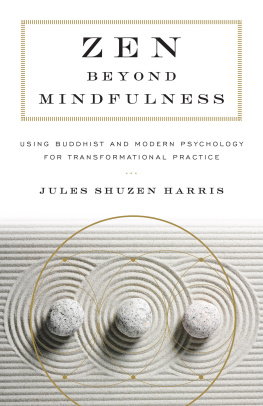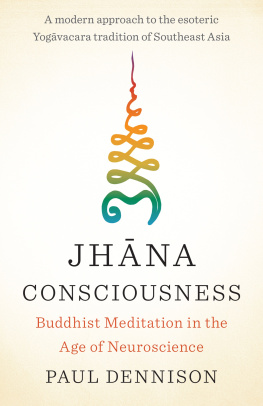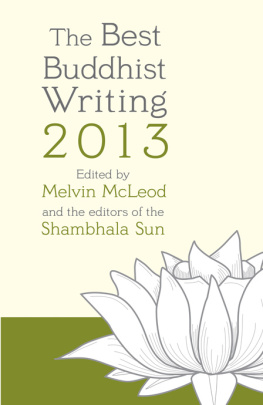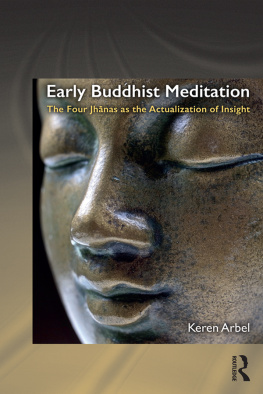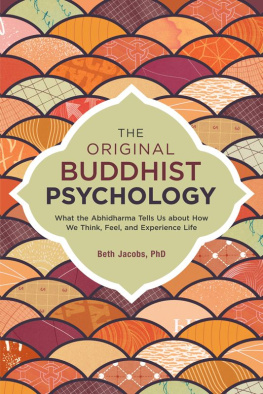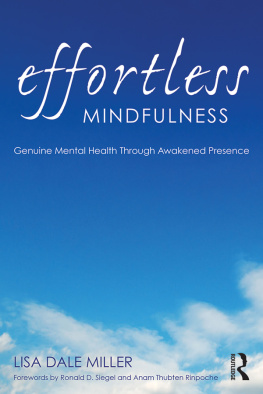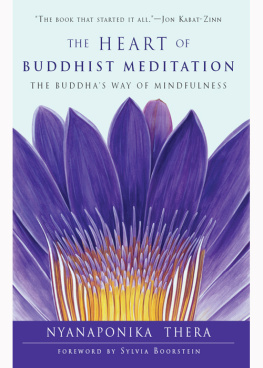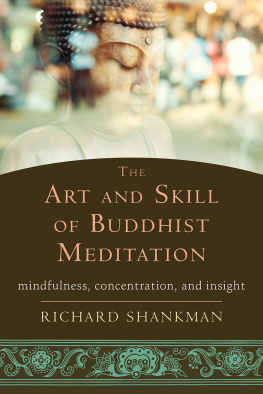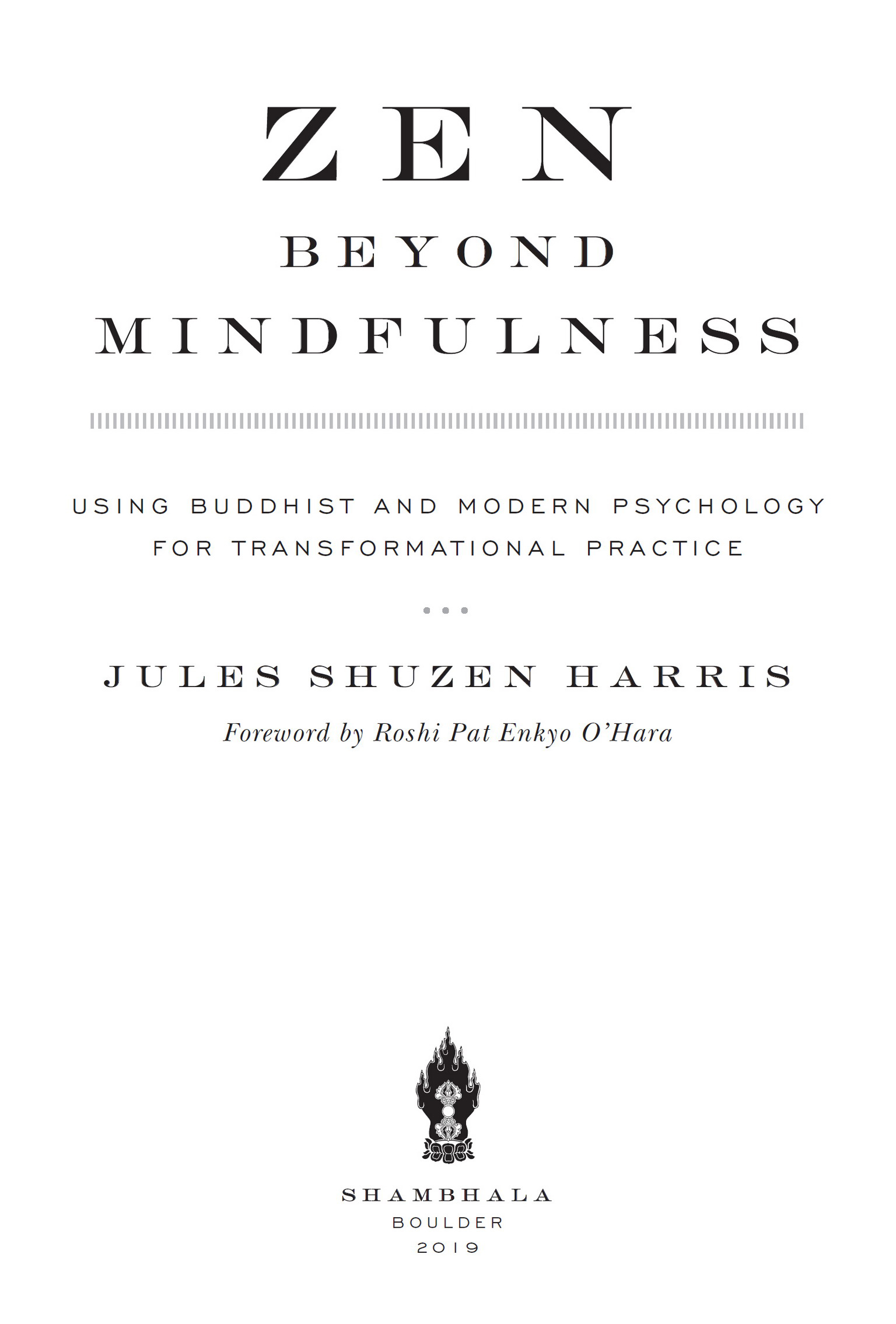Contents
Landmarks
Print Page List
An in-depth read for a new way of thinkingthis book is a great contribution to American Buddhism.
NORMAN OBERSTEIN,
CEO, Frederick P. Lenz Foundation for American Buddhism
A practical workbook blending modern psychology with ancient wisdom, Zen Beyond Mindfulness leaves a breadcrumb trail to awakening. Dr. Harris clearly has a love affair with truth and the potentiality of human individual evolution. Enlightenment can bang on his door at 3 a.m. and he will always get up and make time.
DR. CONRAD FISCHER, MD,
Program Director, Brookdale Hospital Medical Center
Buddhism has a history of adapting to the culture of a country where it is introduced. In the West, that adaptation includes the merging of modern psychology with traditional Buddhism. In Zen beyond Mindfulness, Shuzen Harris makes a significant contribution to this dialogue. Shuzen tackles difficult Buddhist subjects with a clarity and writing style that renders them accessible to the reader. He then fuses those subjects with the psychology of I-Systems to help students of Zen dissolve emotional and psychological barriers to deepening their meditation practice. Due to his many years of direct experience, Shuzen brings a profound understanding to both Zen and psychology that makes this book particularly relevant and beneficial.
GERRY SHISHIN WICK,
author of The Book of Equanimity: Illuminating Classic Zen Koans
Zen beyond Mindfulness will enable both new and seasoned practitioners to gain a better understanding of how the mind works. A compelling teaching guide imbued with boundless wisdom and clarity, this book is a twenty-first-century teaching that will stand the test of time!
HEILA AND RODNEY DOWNEY,
Guiding Teacher and Abbot of the Dharma Centre, Cape Town, South Africa
Shambhala Publications, Inc.
4720 Walnut Street
Boulder, Colorado 80301
www.shambhala.com
2019 by Jules Shuzen Harris
All rights reserved. No part of this book may be reproduced in any form or by any means, electronic or mechanical, including photocopying, recording, or by any information storage and retrieval system, without permission in writing from the publisher.
Ebook design adapted from printed book design by Claudine Mansour Design
Cover design by Claudine Mansour Design
Library of Congress Cataloging-in-Publication Data
Names: Harris, Jules (Jules Shuzen), author.
Title: Zen beyond mindfulness: using Buddhist and modern psychology for transformational practice/Jules Shuzen Harris.
Description: First edition. | Boulder: Shambhala, 2019. |
Includes bibliographical references.
Identifiers: LCCN 2018030019 | ISBN 9781611806625 (pbk.: alk. paper)
eISBN 9780834842151
Subjects: LCSH: Zen BuddhismPsychology. |
MeditationZen Buddhism. | Zen BuddhismUnited States.
Classification: LCC BQ9265.8.H37 2019 | DDC 294.3/44dc23
LC record available at https://lccn.loc.gov/2018030019
v5.4_r1
a
CONTENTS
FOREWORD
By Roshi Pat Enkyo OHara
M ORE AND MORE of us in the Western world are drawn to finding our way by looking directly at our minds. One method we hear about is the practice of mindfulness and how it can yield powerful giftsbetter health, improved concentration, and most importantly, the sense that we are truly present for our lives. And yet, it turns out to not be quite so easy to reap these benefits. Stories, memories, false ideas, and schemes creep into our understanding of who we are and into our life itself. There are, it turns out, many barriers to the insight and ease offered by mindfulness and meditation.
The difficulty of establishing true and consistent mindfulness is not new. An old, much-loved koan tells the story of Zuigan, a Zen master who, every day after rising, would sit down and call out to himself,
Oh Master!
And he would answer himself, Yes?
And then he would say, Dont be deceived by anyone, anytime, anyway.
And then he would reply, No I wont!
Imagine, before your day beginseven before your mindfulness practice or prayers beginyou interrogate yourself, as Zuigan did, and remind yourself to defend against self-deception. Amazing! Why would anyone do such a thing? Isnt it that, without realizing it, we do deceive ourselves through our desires to see things (other people, situations, our own presentation of self) in a certain way? And through this lens of our desires, we miss the reality actually in front of us: our life as it is.
What to do about this tendency? How can we achieve the benefits of mindfulness without falling into self-deception? Through the ages, there have been many responses to this need, all well-suited to their times. Today, with the development of psychology and the convergence of many spiritual traditions, a truly useful and effective method of integrating mindfulness meditation into our lives is critically needed.
Jules has developed a skillful and wise method for working with our tendency to distort thinking, so that we dont derail our intentions to practice mindfulness and can stay true to our goal of living a life of awareness and compassion. By folding in the ancient Buddhist teachings on mind (the Abhidharma) with contemporary psychology and Zen rigor, he offers a creative and beneficial system to practice mindfulness with success and integrity. Although the use of mind maps will be new to many Zen practitioners, this tool affords a useful corrective for those who find their Zazen stagnating or who want to check their practice of nonattachment against the concrete, bodily evidence made available by the mind mapping exercises.
Ive known Jules since his early days in Zen practice. In this book he brings together his years of working as a psychotherapist, as a master of the graceful and disciplined Japanese martial arts of Kendo and Iaido, and as a Zen teacher in the White Plum Asanga lineage. I cant think of a more qualified and appropriate person to take on the task of developing a contemporary technique for using mindfulness as a path of self-discovery and peace.
I am gratified that he is my Dharma Successor and to see him offering such a useful teaching, grounded as it is in Zen practice.
PREFACE
My Path
I WAS BORN in 1939 in Chester, Pennsylvania, an industrial town just outside of Philadelphia that was working class and extremely diverse. Based on this background, the path I ended up taking was exceedingly unlikely. It was unlikely that I would travel to India, China, Tibet, Egypt, South Africa, and Japan studying different religious traditions and practices. It was unlikely that I would come to study Zen at all, let alone become the first African American man to receive transmission in the Soto Zen school and become a dharma teacher with my own center. But thats what happened.
From the very beginning I was a seeker, always looking up, wondering if there was more than this. My grandmother was a Baptist, and when I was a young boy, she took me to church every Sunday. I found sitting through the long sermons incredibly dull, and I hated sitting still. (The irony of this doesnt escape me.) That branch of Christianity never spoke to me, although one highlight of the Baptist experience was hearing Dr. Martin Luther King Jr. give a sermon. (He was doing his internship at Calvary Baptist while at Crozier Seminary.)

